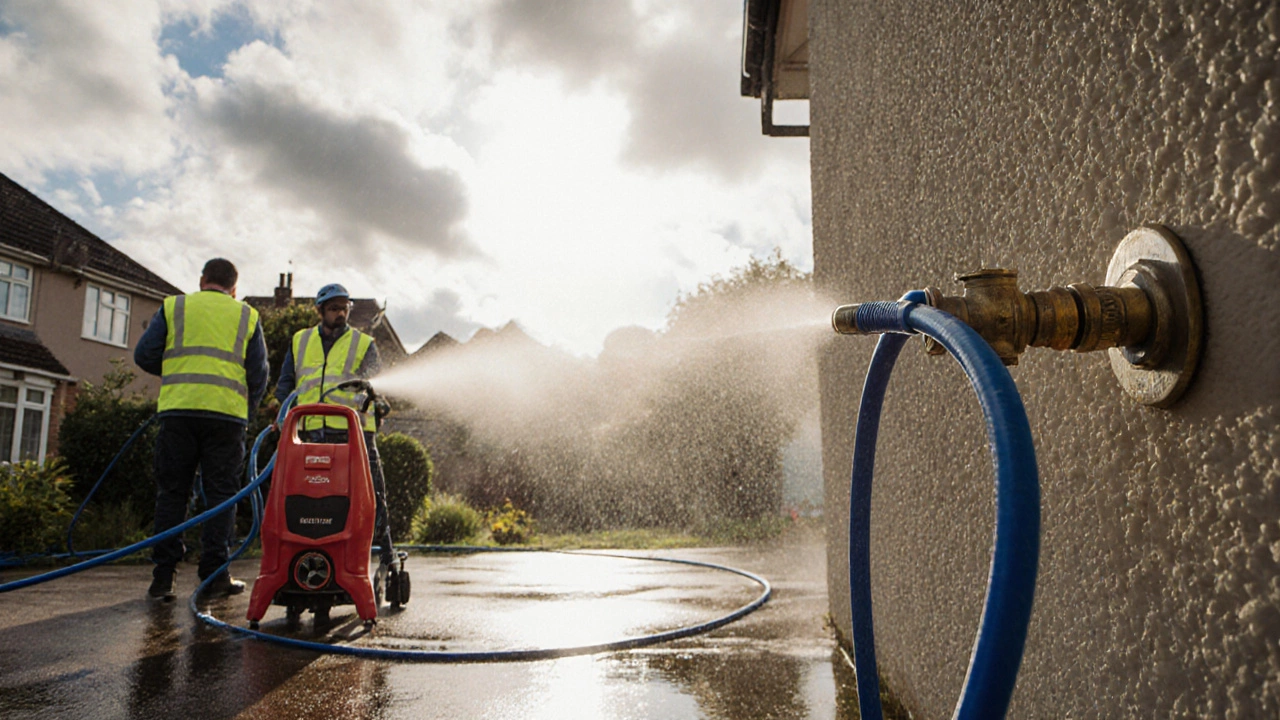Pressure Washing Water Use: Facts, Impact, and Savings
When talking about Pressure Washing Water Use, the amount of water a pressure washer draws and sprays during cleaning tasks. Also known as water usage in pressure washing, it directly influences both cleaning effectiveness and environmental impact. Understanding pressure washing water use helps homeowners and professionals balance a spotless finish with responsible consumption.
Key Factors That Drive Water Consumption
A Pressure Washer, a machine that pumps water at high pressure to remove grime determines baseline flow rates, but the chosen PSI setting, nozzle type, and surface type all tweak the final numbers. Higher PSI often means less water needed to break down stubborn stains, yet it can increase runoff if not managed correctly. Meanwhile, Water Conservation, practices that reduce waste and recycle runoff becomes crucial when cleaning large areas like driveways or decks; using reclaim tanks or low‑flow nozzles can cut usage by up to 30 % without sacrificing results. The nature of the Cleaning Surface, materials such as concrete, brick, wood, or vinyl that are being cleaned also shapes water demand—porous surfaces soak up more water, requiring longer rinses, while smooth ones release dirt faster. Finally, the choice of Cleaning Agent, eco‑friendly detergents or soaps that boost cleaning power can lower the need for high water volumes because the chemicals break down grime more efficiently.
All these pieces—equipment specifications, PSI levels, surface characteristics, and greener cleaning agents—interact to form a clear picture of pressure washing water use. By matching the right tool to the task and adopting water‑saving habits, you can achieve a pristine finish while keeping your utility bill and ecological footprint in check. Below you’ll find a curated set of guides that dive deeper into prep checklists, PSI calculations for driveways, safety tips, and practical ways to reduce water waste on every job.

Do Pressure Washers Use Public Water? Facts About Water Sources and Conservation
Learn where pressure washers get their water, UK regulations, eco‑friendly alternatives, and how to ensure contractors use sustainable water sources.
Read More